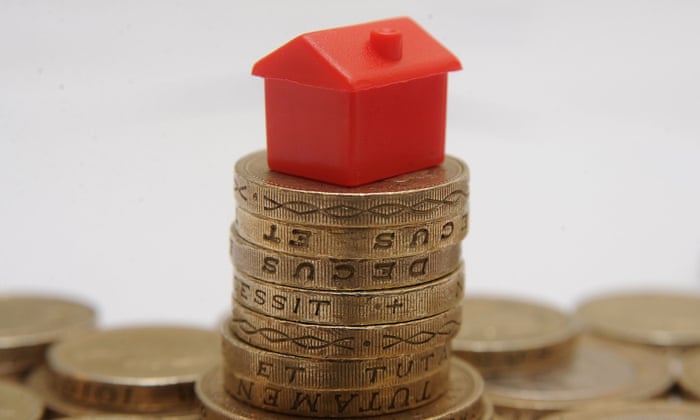Q I have a query regarding home-owning and was hoping you could help. I have rented for my whole life and have never taken out a mortgage or owned a home. I am required to stay in my rented house for my job. However, I am now in a position to buy a house in a much cheaper area for cash, which I could rent to my sister. As I won’t be taking out a mortgage, am I still required to register for self-assessment? I will use the rent I receive from my sister to pay part of the rent on the property I live in.
Of course, I know that it doesn’t seem to make sense to carry on renting myself while owning a house and letting it to another person, but I need to stay near to my work and simply could not afford to buy in the area I live. SQ
A To answer your question about self-assessment first, yes, you will need to let your tax office know that you will have untaxed income in the form of rent from your sister. It is highly likely you will be asked to fill in a self-assessment tax return, but you won’t have to do that until after the end of the tax year in which your sister started paying you rent. The fact that you won’t have a buy-to-let mortgage doesn’t make any difference to the requirement to register for self-assessment, nor does the fact that you plan to use the rent from your sister to pay part of your rent. The good news is that, if the tax you owe on the rent is less than £3,000, you can ask for the tax you owe to be collected in instalments through the pay-as-you-earn (PAYE) system alongside the tax on the earnings from your job, rather than paying it as a lump sum by the 31 January tax deadline.
If you did have a mortgage on the property you let, you would be able to deduct the cost of mortgage interest – along with other expenses – from the rent, which reduces the amount you pay tax on. So, for example, if you got £10,000 a year in rent but paid out, say, £6,000 in mortgage interest, you would only have to pay tax on £4,000 of the rent. If you get £10,000 in rent with no mortgage, you pay tax on the whole of the £10,000 (assuming no other expenses), but you also don’t have to deal with the cost of mortgage interest. However, the benefit of being able to deduct mortgage interest is gradually being reduced so that, by April 2020, the most you will be able to cut your tax bill by is 20% of the cost of mortgage interest. To put it another way, having a buy-to-let mortgage will be a lot less attractive from a tax point of view, especially for higher-rate taxpayers.
As far as buying while renting goes, lots of people who have to live where their job tells them to – such as people in the armed forces or clerics, for example – buy somewhere while not living in it. They then know that they will have somewhere to live rent-free when they are no longer tied to a place by work.


